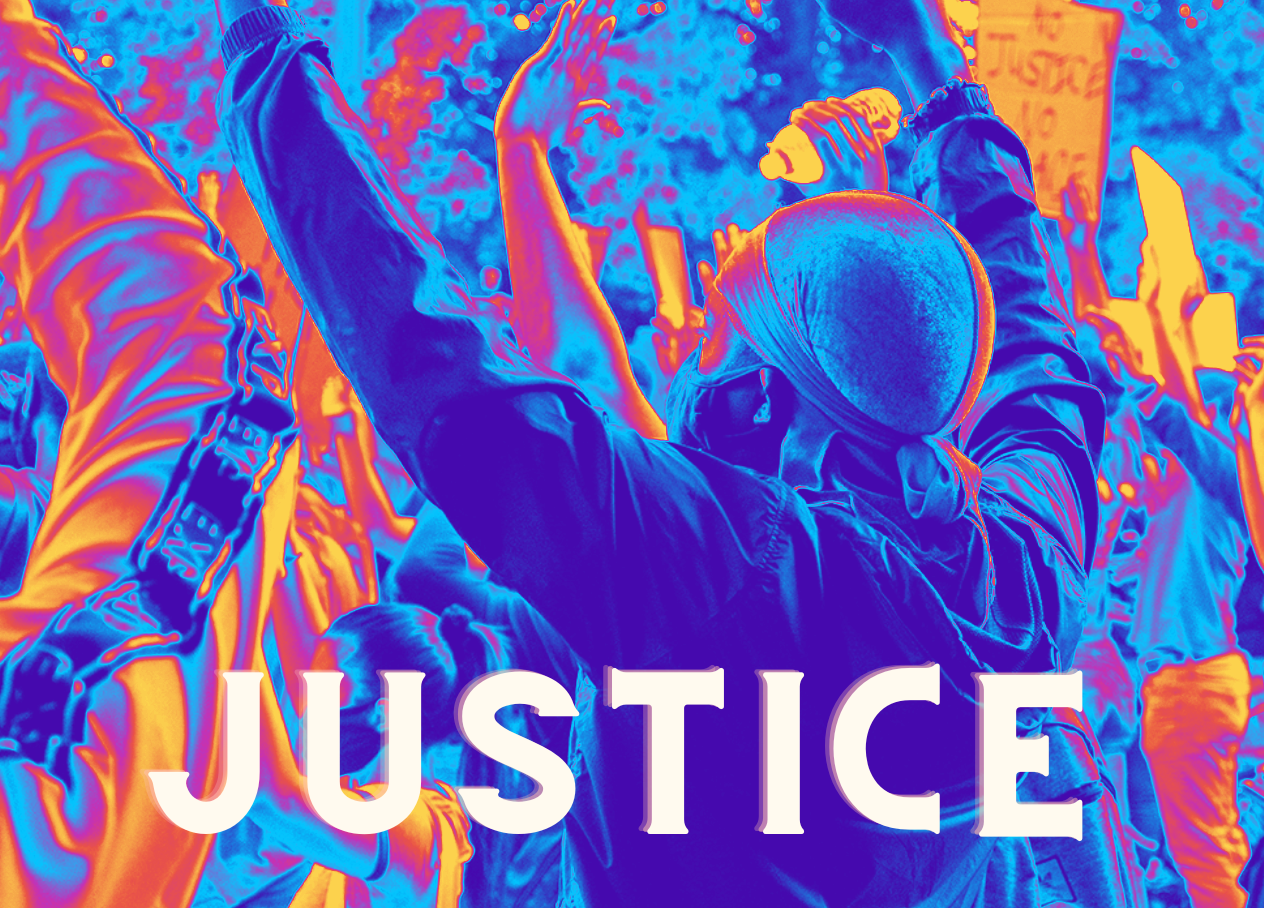AI & Copyright: A Case Study of the Music Industry
DOI:
https://doi.org/10.60690/7pqxkr18Abstract
Recently, artists of all types have been questioning what generative AI means for their livelihoods. Historically, progress in technology has led to fear of displacement among artists—the advent of photography was felt as a great threat by portrait painters. However, despite historical precedents, a novel question emerges in the way that generative AI systems are trained. Namely, the training of these systems requires models to be fed incomprehensibly large amounts of data which results in copyrighted materials being used. When models are operated by commercial agents, we must ask ourselves: what should the rights be of the human actors who have produced creative work which is used—without their permission or credit—to train AI systems deployed for the financial gain of others? Answering these questions will help regulators to create better policies and lead technologists to design more human-centered technology. Already, many legal scholars, technologists, and corporate lawyers have offered opinions on this topic. However, missing from this conversation are the voices of actual creative workers themselves. In the following paper, I develop a set of principles outlining what the rights of artists should be with respect to the use of their work in the training and deployment of generative AI systems. Namely, I examine the music industry to understand artists’ perspectives in order to arrive at principles of (a) increased inter-stakeholder communication, (b) dataset transparency requirements, (c) the ability for an artist to opt out of a training dataset, and (d) fair application of “fair use” law.




